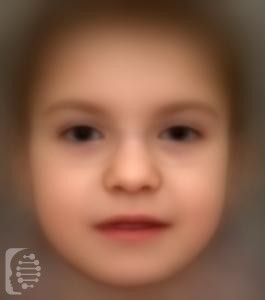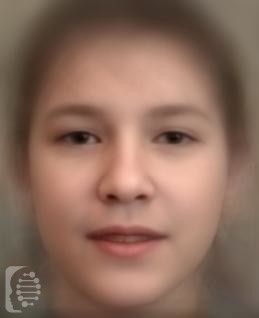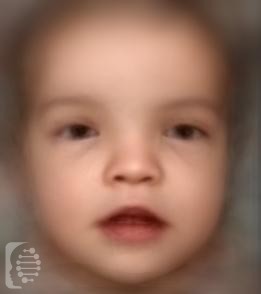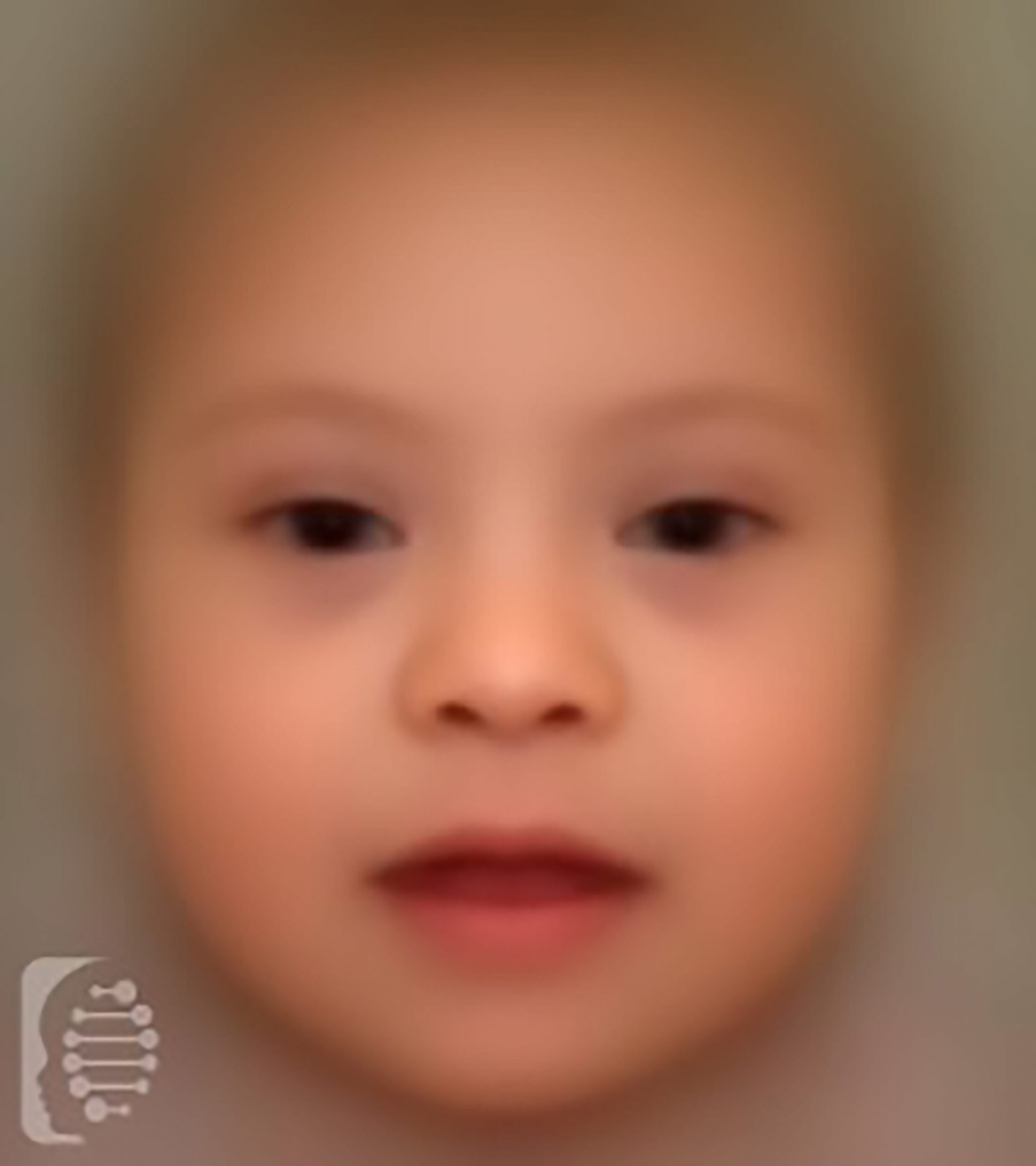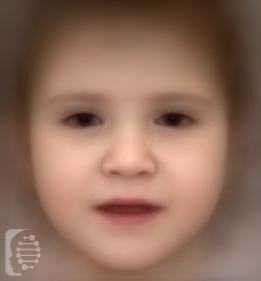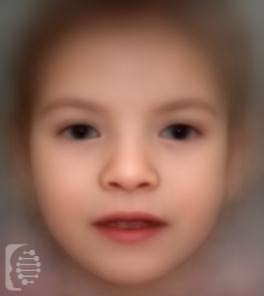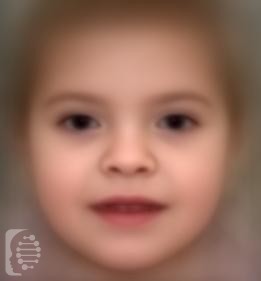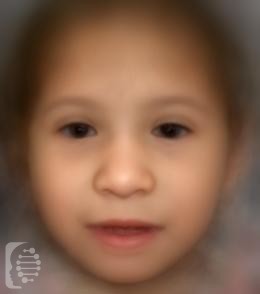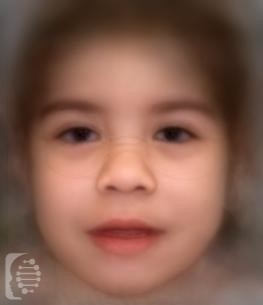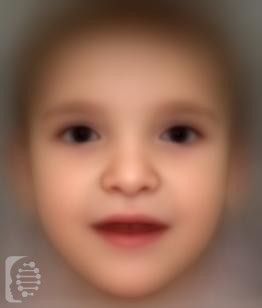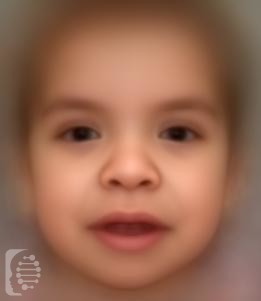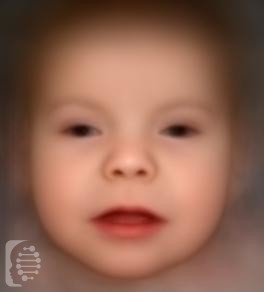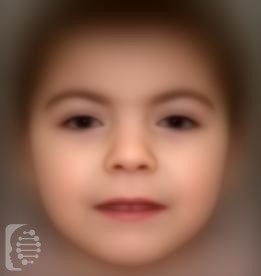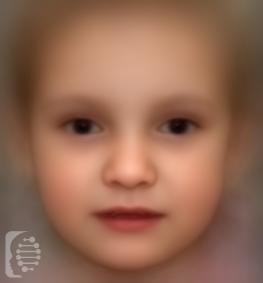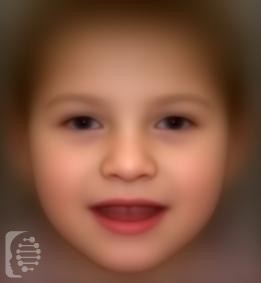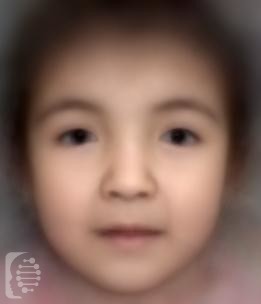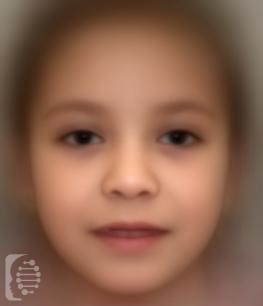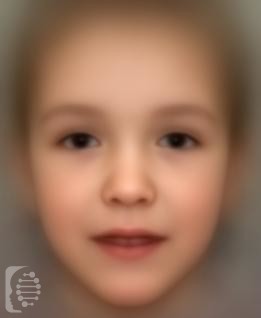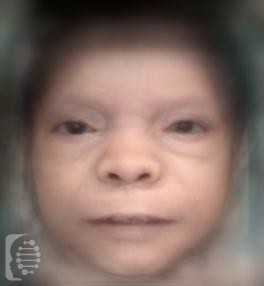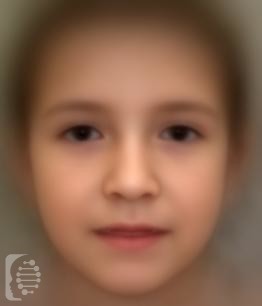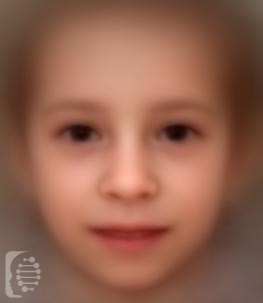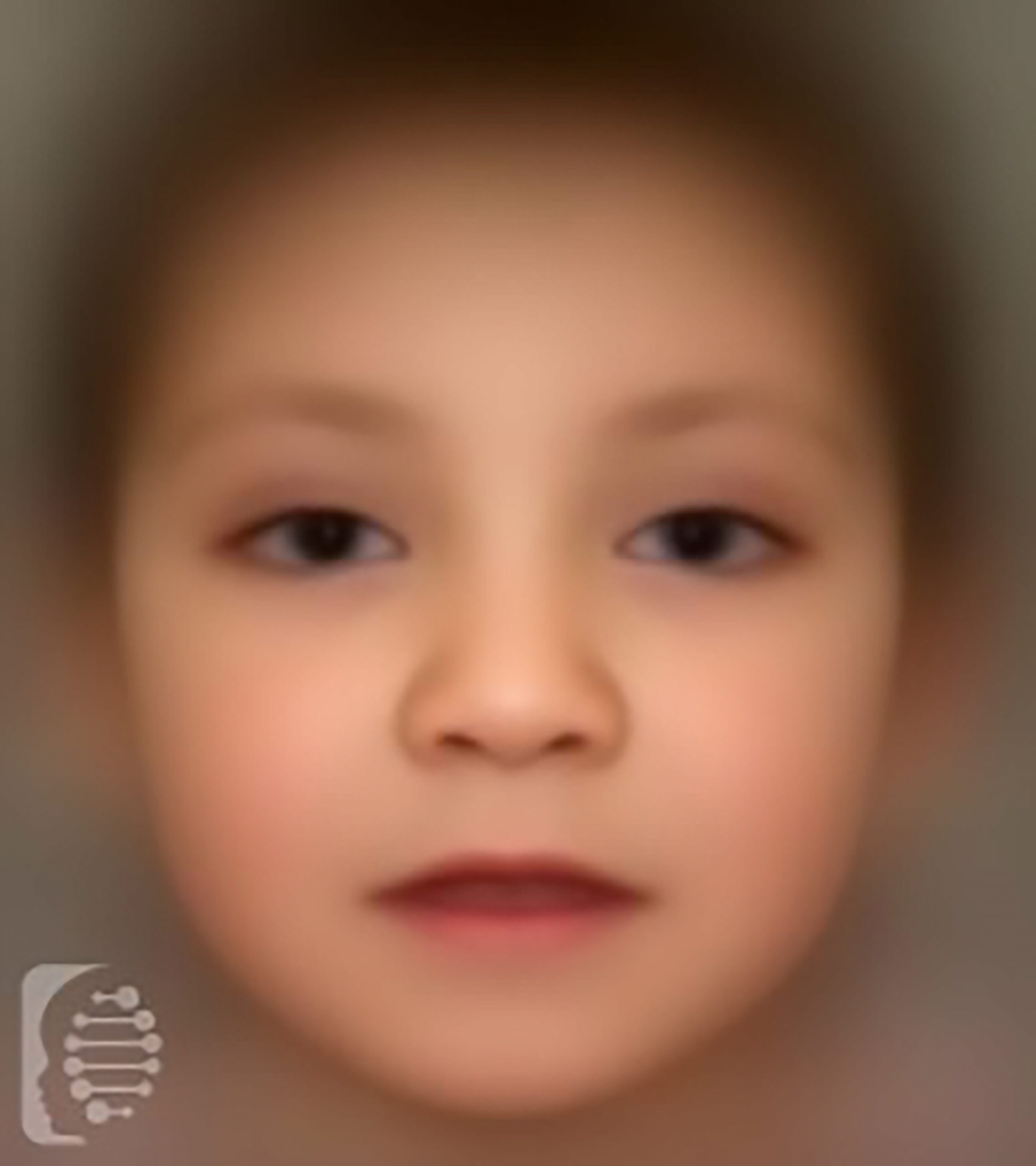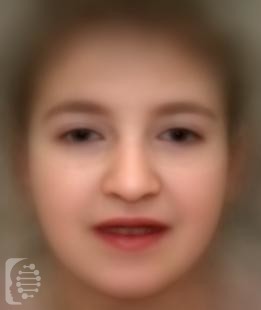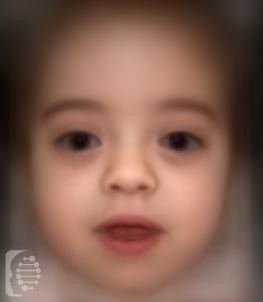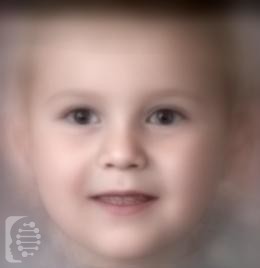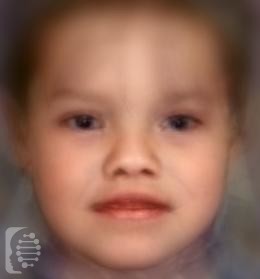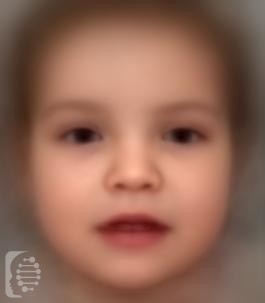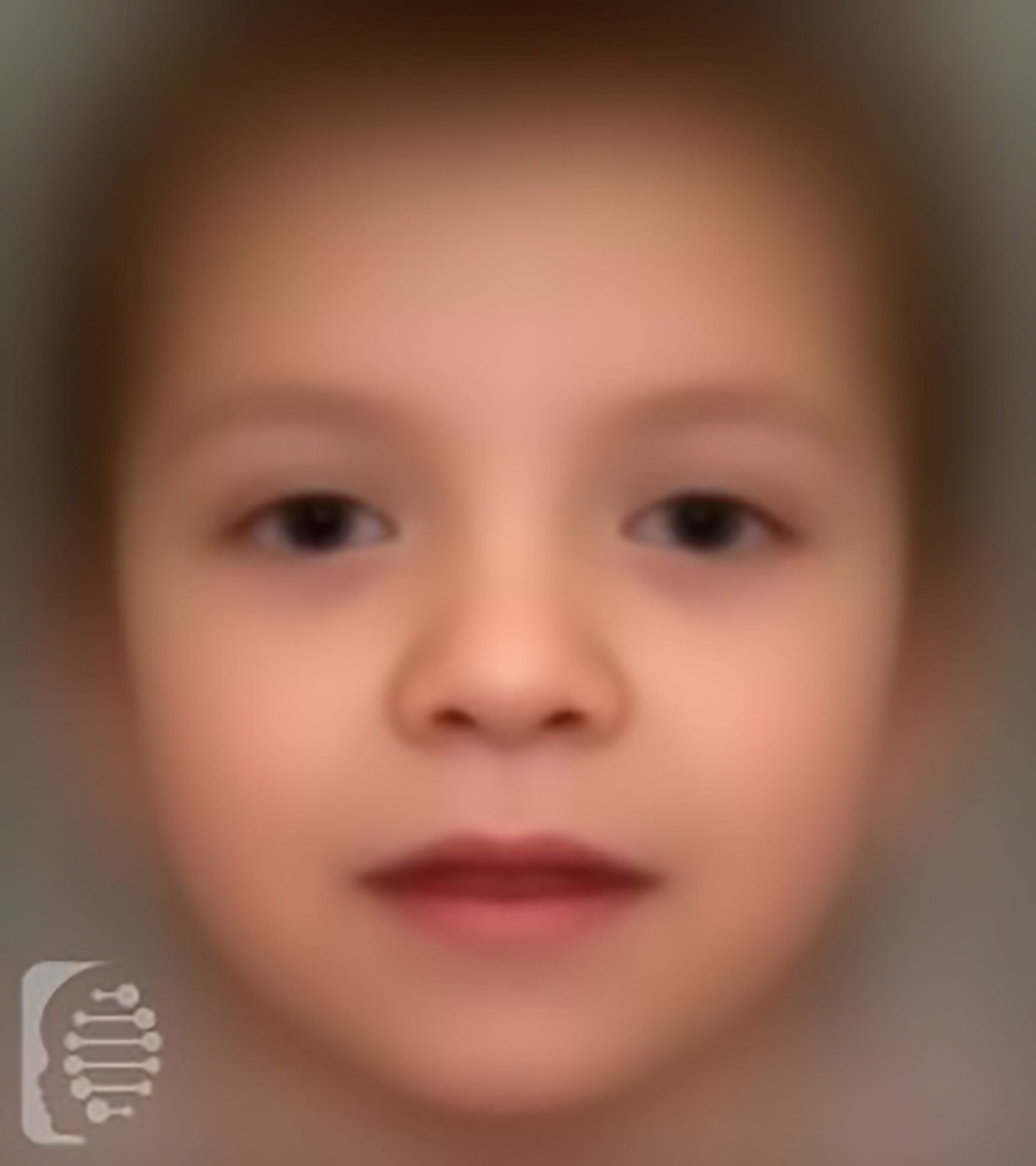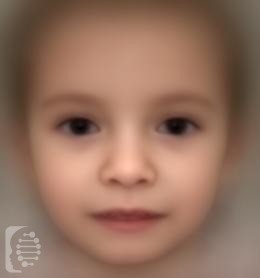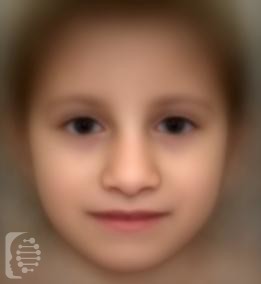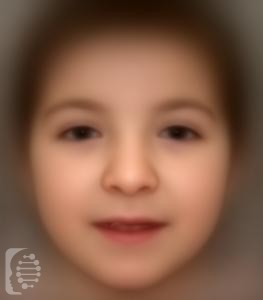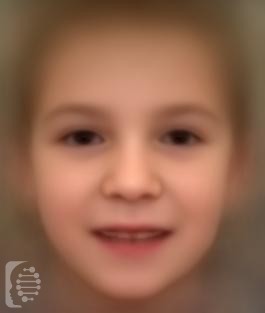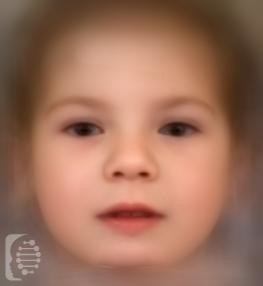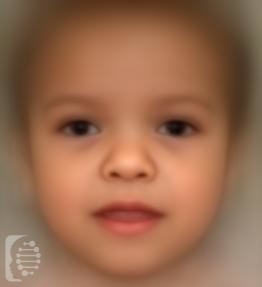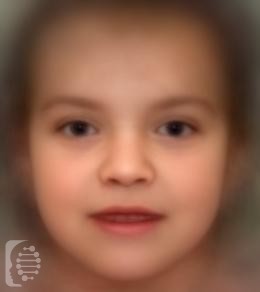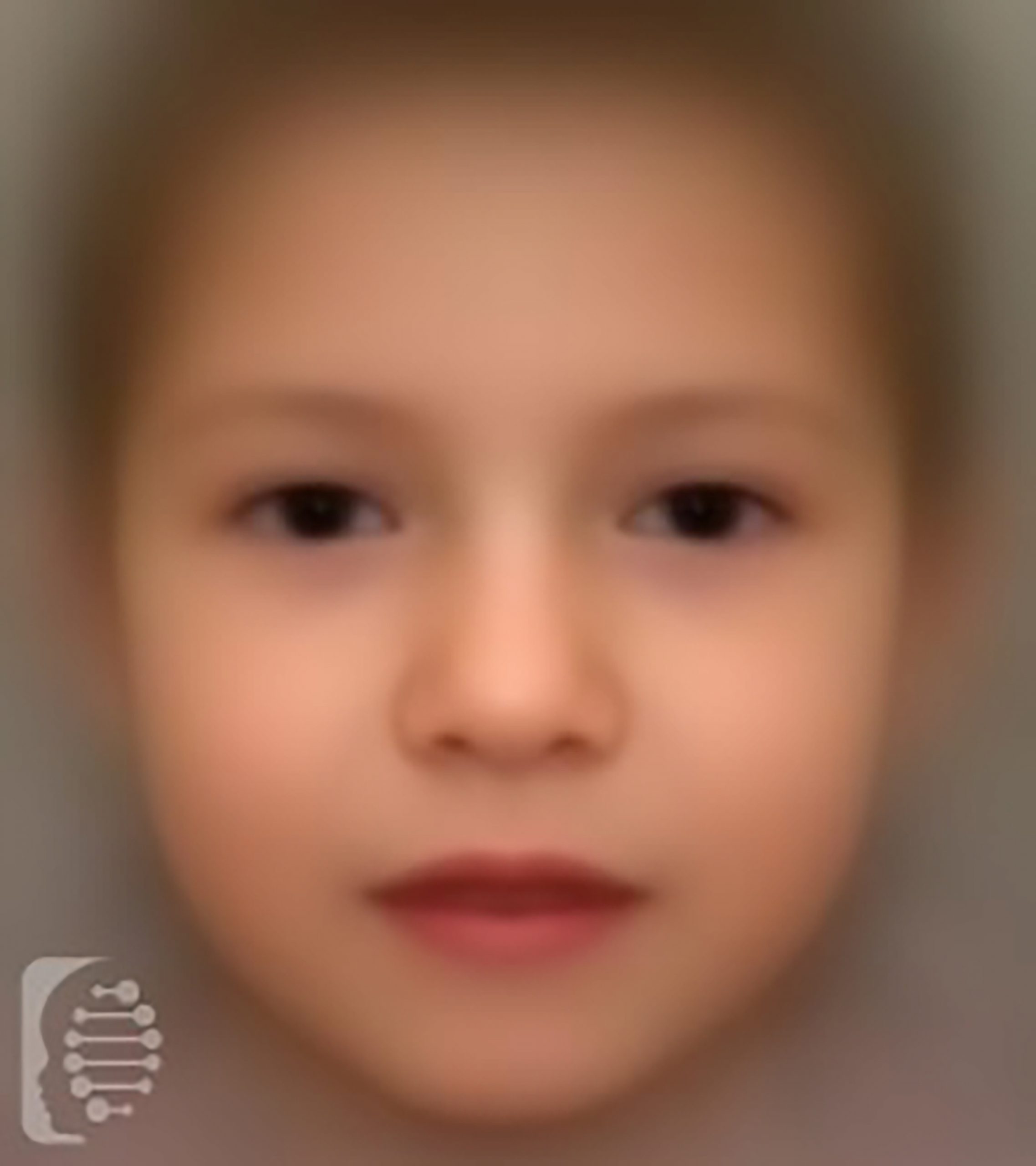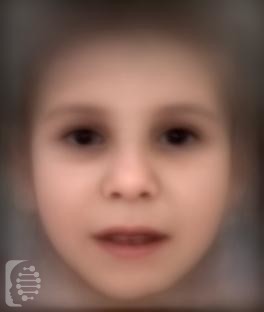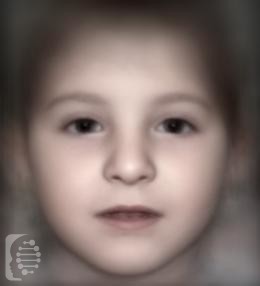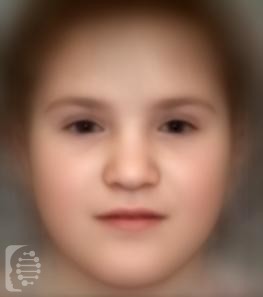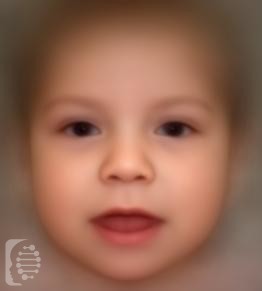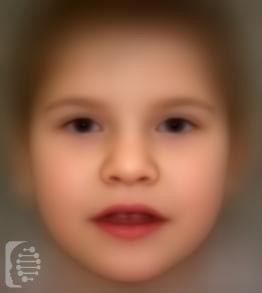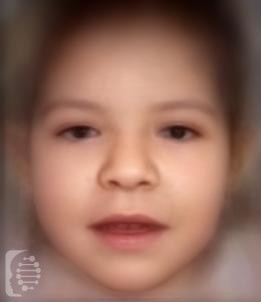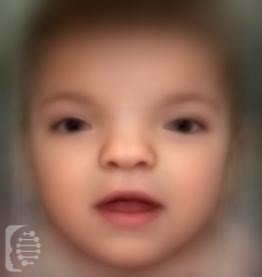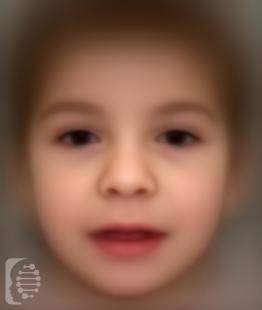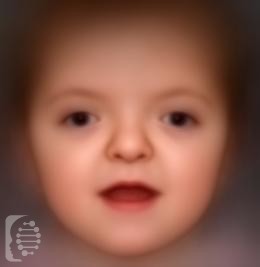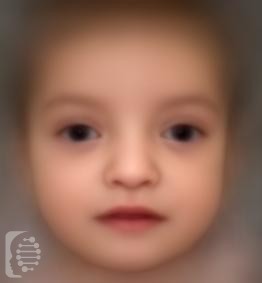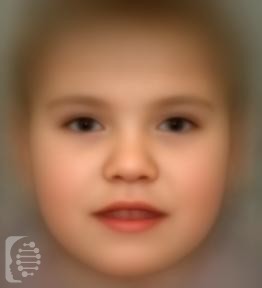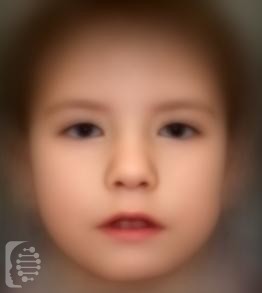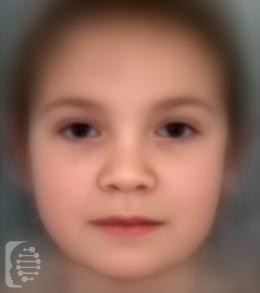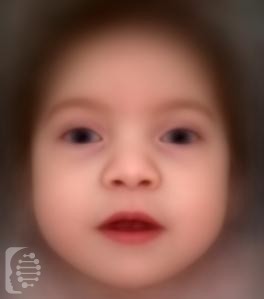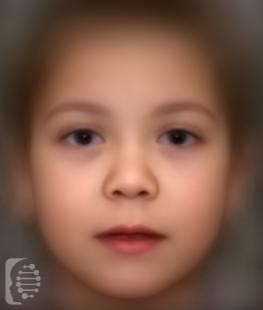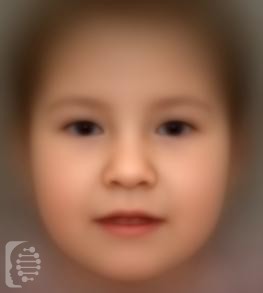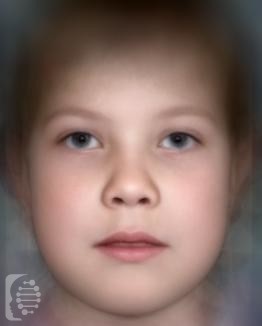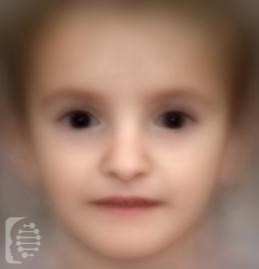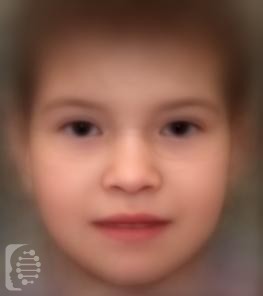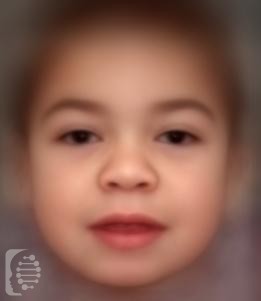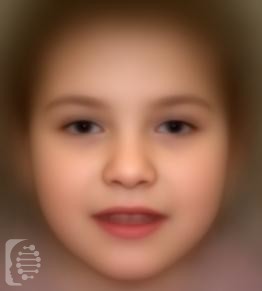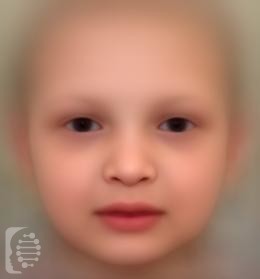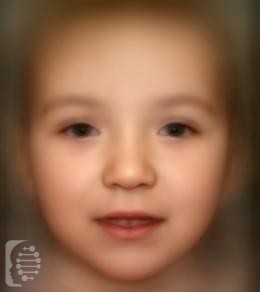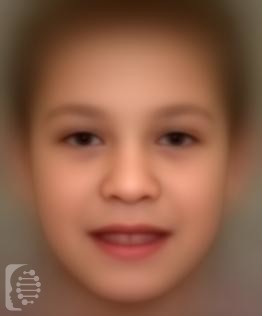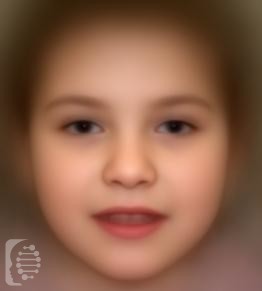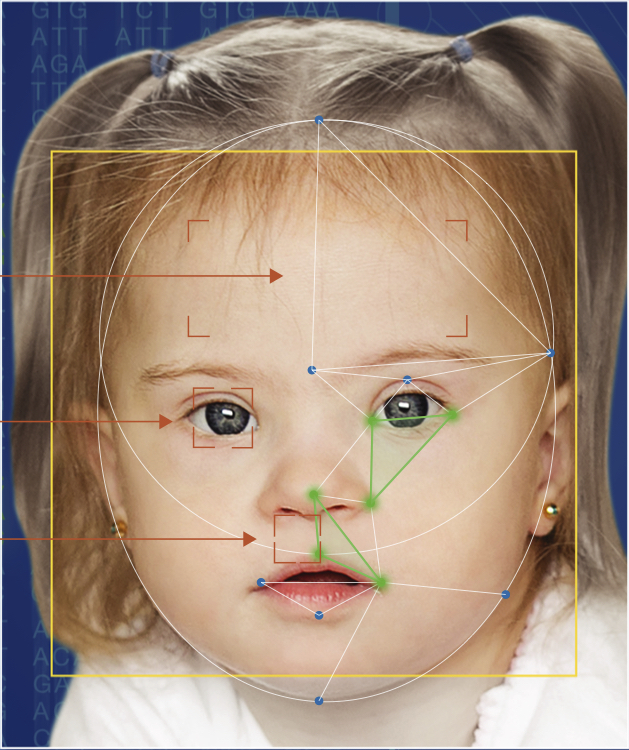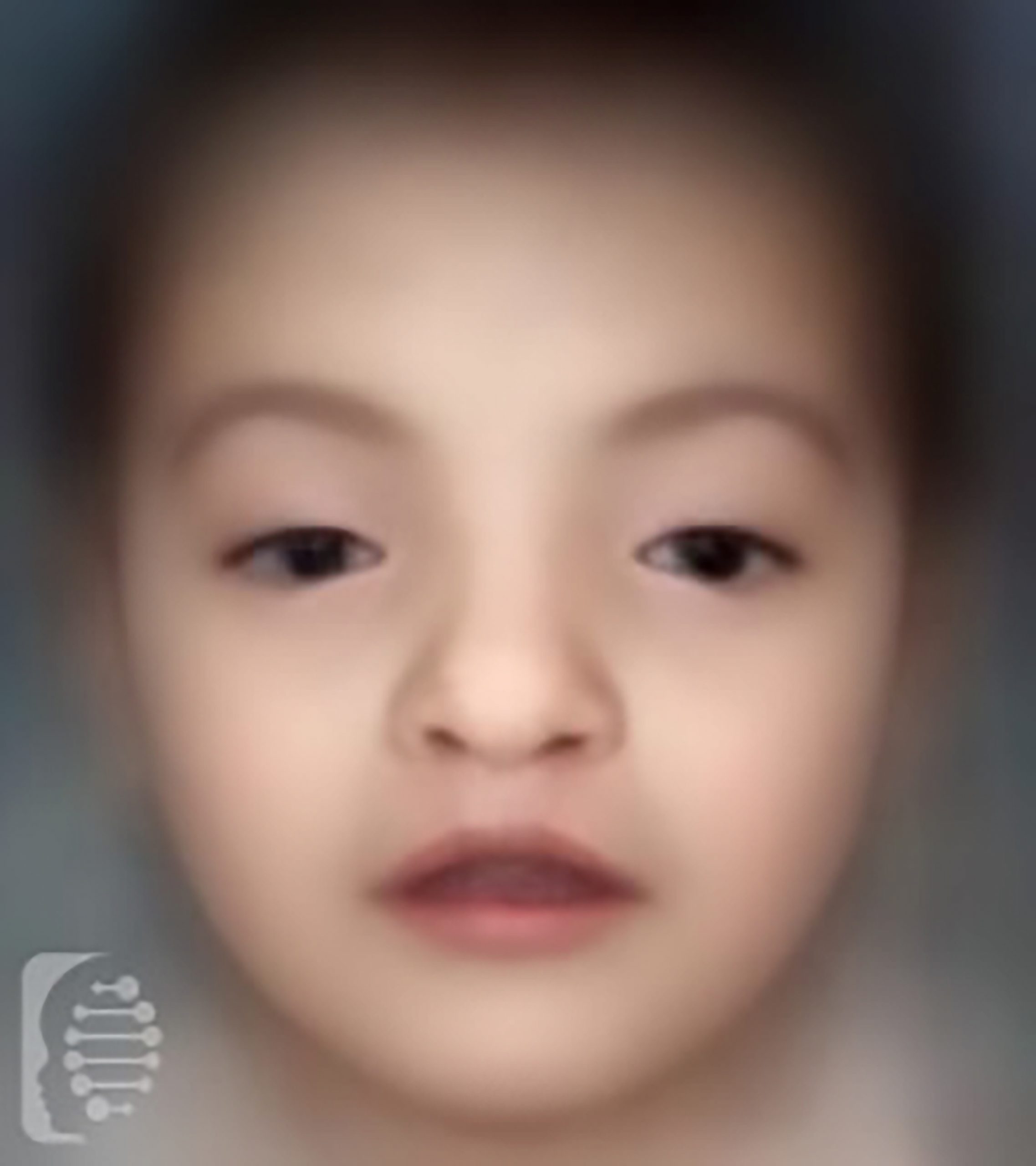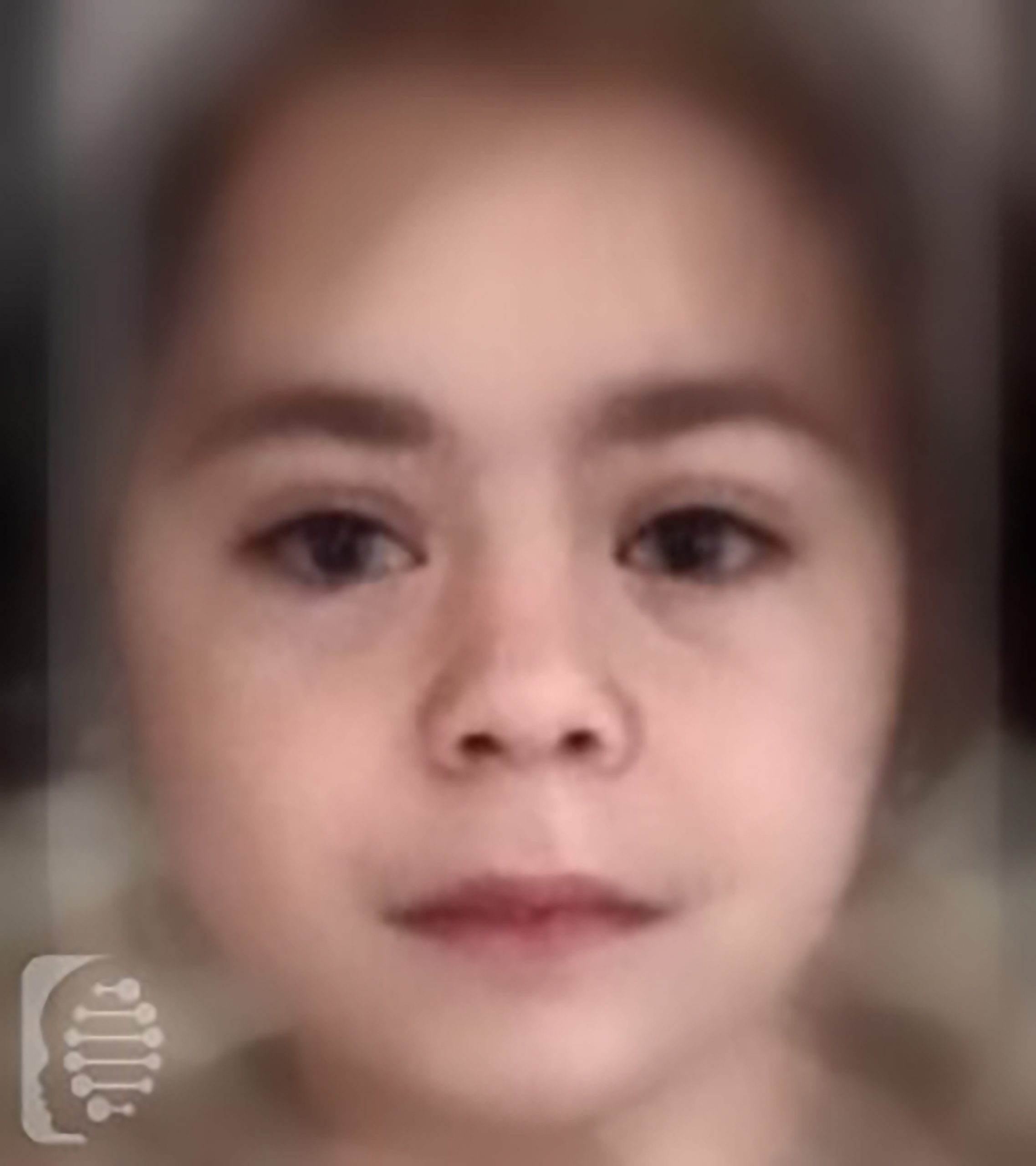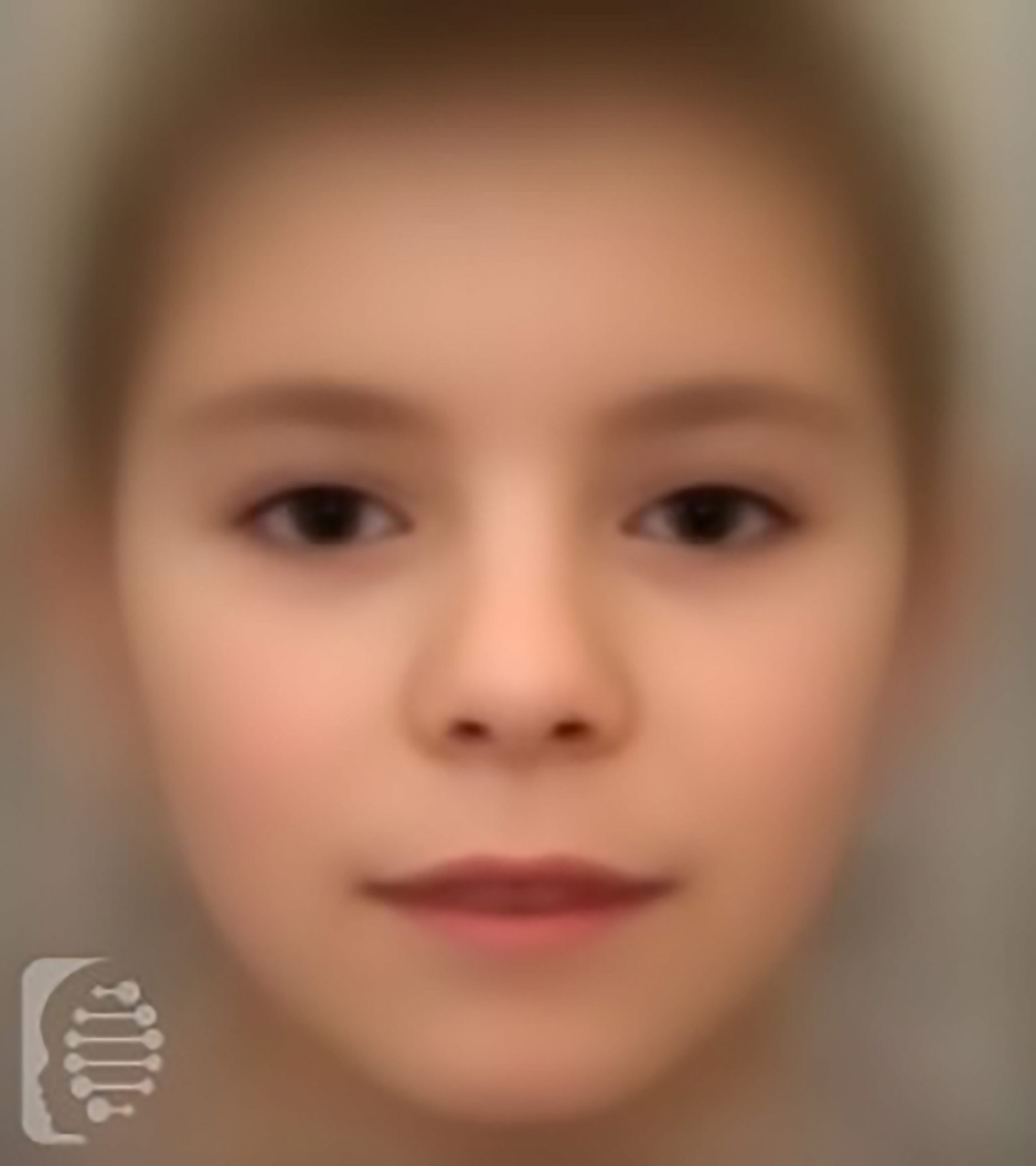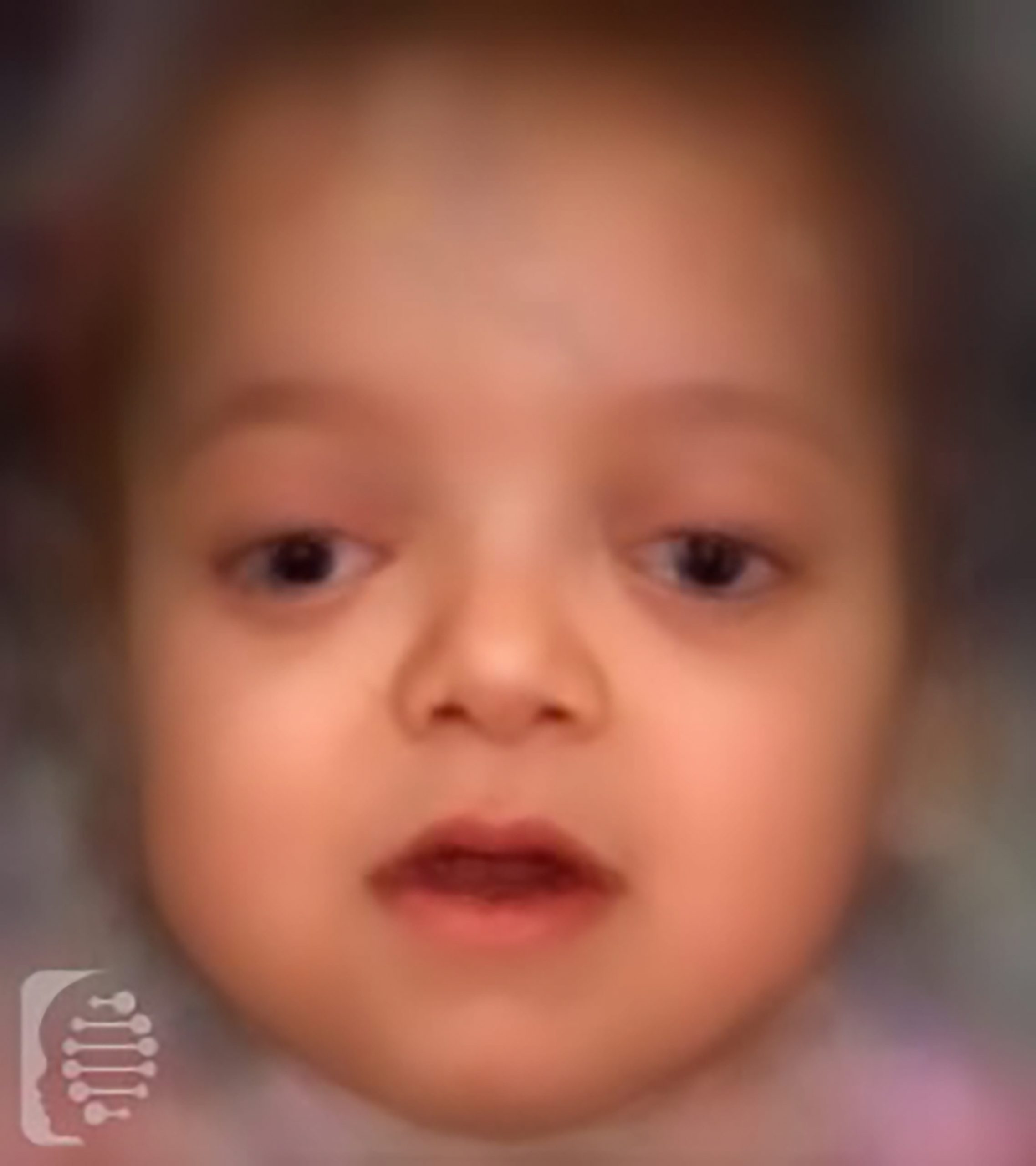Paula and Bobby
Parents of Lillie
Agenesis of corpus callosum
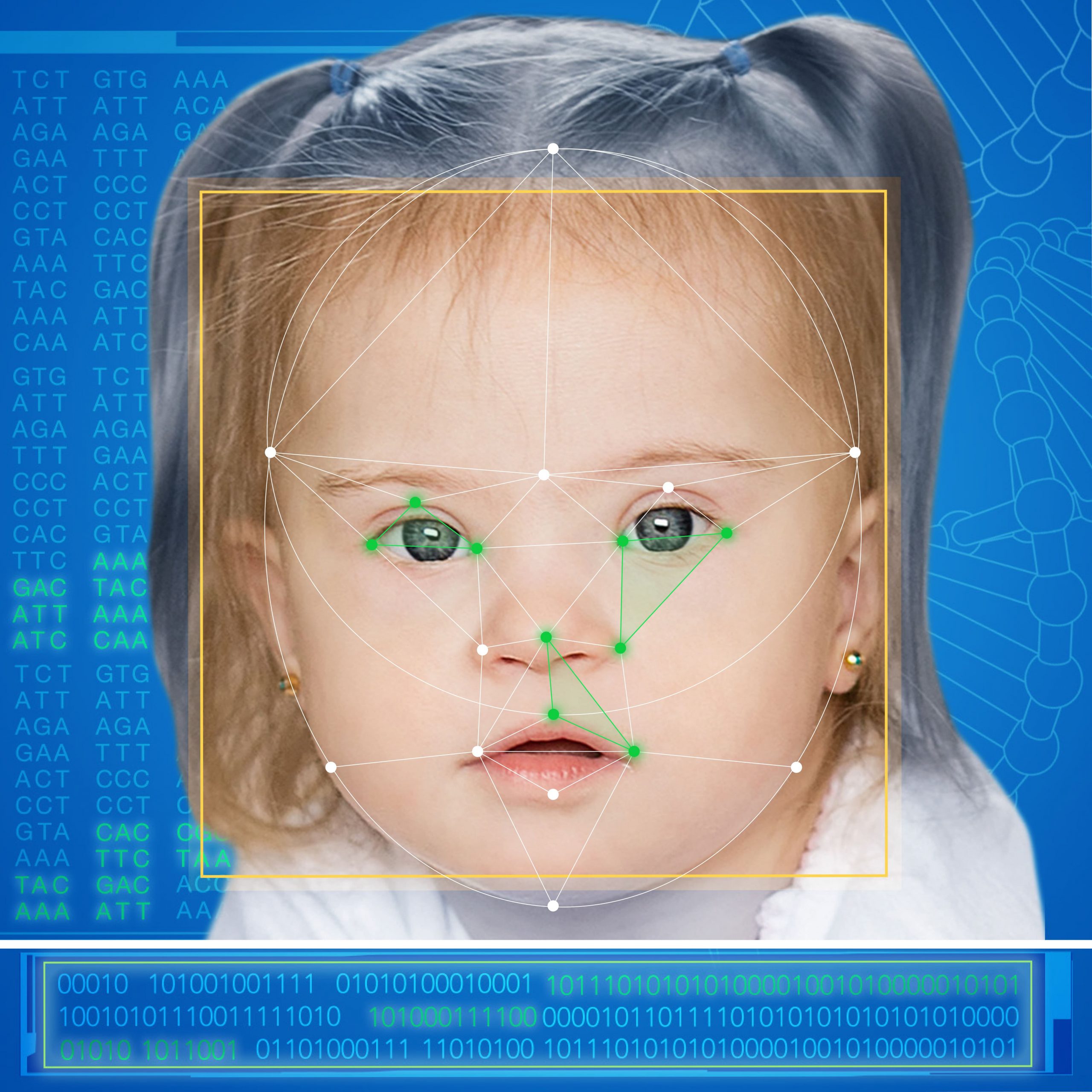
Understanding brain related symptoms and features
Symptoms may affect multiple parts of the body. Understanding which part of the body a symptom affects, can help us to better understand the potential underlying causes of a symptom, including a rare disease or genetic syndrome.
The brain is the central organ of the nervous system, a system which includes not only the brain but also the sensory organs of the body, the spinal cords and the nerves that connect them all. The nervous system is how the different parts of the body communicate with each other and controls their responses to both internal and external stimuli.
Generally, symptoms affecting the brain can not be seen with the naked eye. Although diagnosing a brain related symptom may involve different tests and assessments, both subjective and objective.
Symptoms relating to the brain may affect other parts of the body and development, including intellectual ability as well as the ability to move, speak and other crucial bodily functions.
What is Agenesis of corpus callosum?
It is a rare congenital condition, meaning it is present at birth. It can be inherited and the symptom of a rare disease, but it can also be caused by infection or trauma (injury) during weeks 12-22 of a pregnancy, which might affect the development of the fetal brain. It can also be caused by Fetal Alcohol syndrome, and exposure by the fetus to alcohol as it is developing.
It is the absence, either partial or complete, of the area of the brain that connects the two cerebral hemispheres. This can cause intellectual disability in some instances, but generally only impacts on intellectual ability mildy. There is also usually only a mild impact on development as well, including social development.
The feature may also present with epileptic seizures. Generally the feature is diagnosed during the first two years of life but in some cases, and especially when it is mild, may go undiagnosed for years.
What should I do next?
In some instances agenesis of corpus callosum may be one of the features of a rare disease or genetic syndrome. In this case fast, targeted genetic analysis can give you a more accurate diagnosis.
Synonyms:
Agenesis of the corpus callosum, Absence of corpus callosum, Corpus callosum agenesis, Absent corpus callosum, Dysplastic or absent corpus callosum, Callosal agenesis
HPO:
0001274
Optional syndromes:
More than 250,000 patients successfully analyzed. Clarify any concerns you may have and get tested online today.

Synonyms:
Agenesis of the corpus callosum, Absence of corpus callosum, Corpus callosum agenesis, Absent corpus callosum, Dysplastic or absent corpus callosum, Callosal agenesis
HPO:
-
0001274
Optional syndromes:
FDNA™ Health can help you with the diagnostic journey.
Learn about child developmental delays: Causes, Symptoms, and Therapies.
Don't wait years for a diagnosis. Act now and save valuable time.
Explore the most detected symptoms in our system (numbers are global and based on the data from 120 countries):
What is FDNA Health?
With the largest global database and a leading decision-support tool using AI, FDNA™ Health enables patients and their families to better understand symptoms and conditions with the goal of shortening the time to diagnosis.
Benefits of FDNA Health
Save valuable time by
learning about possible conditions
and report to your clinician
Advanced AI technology
and leading worldwide clinicians
shortening time to diagnosis
Looking for answers?
Worried about child development?
We are here to help you!


